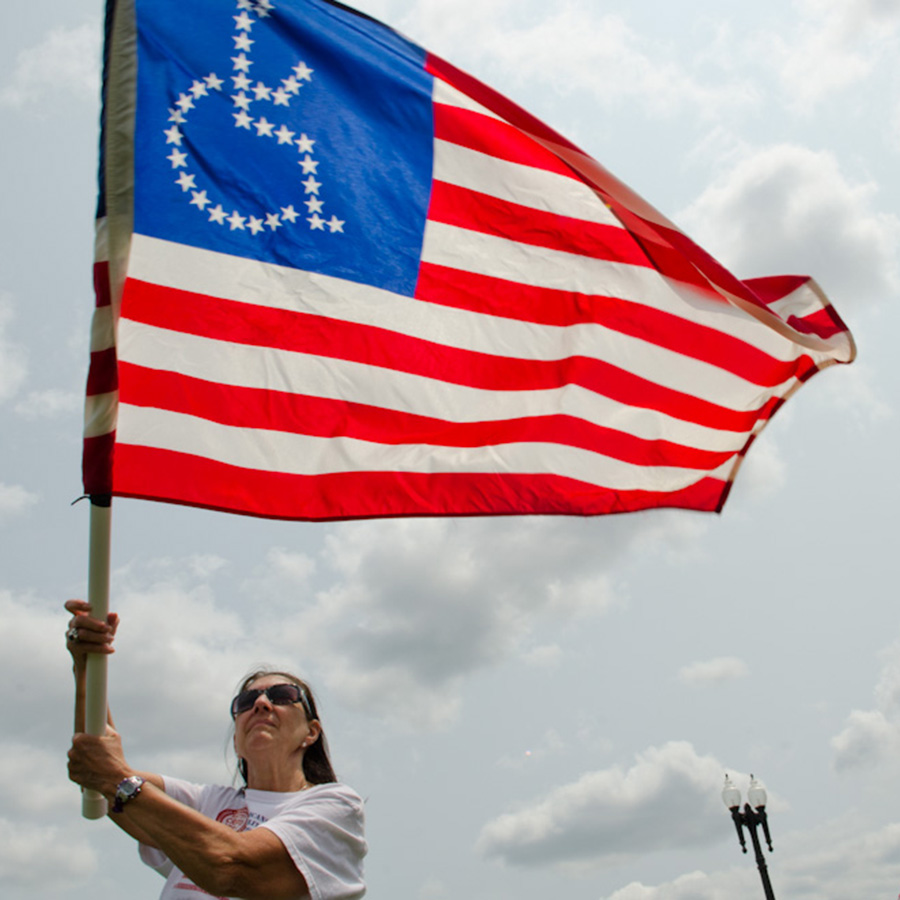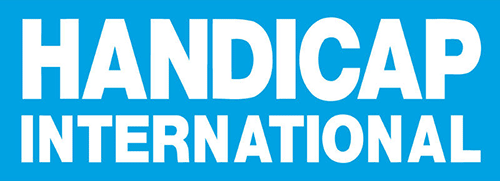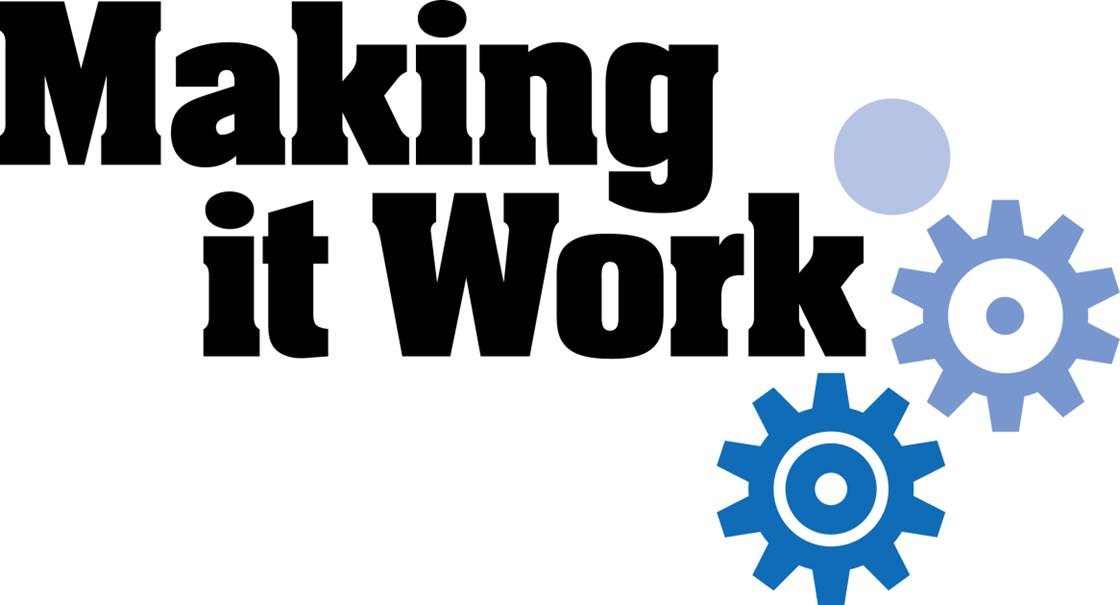At Handicap International, we believe that people with disabilities should have equal access to rights, opportunities, and services and be protected from discrimination, abuse, and neglect. Sadly, many of the world’s more than one billion people with disabilities are routinely denied even the most basic human rights, particularly in the developing world.
In many low-income countries, where disability is treated as a stigma, people with disabilities can face discrimination in all aspects of life. Shunned by their community and excluded from school, employment, healthcare, and other services due to direct discrimination or a lack of physical accessibility or appropriate resources, people with disabilities often live in extreme poverty and isolation. They are also disproportionately affected by physical and sexual violence.
To combat these injustices, Handicap International advocates for the rights of people with disabilities on global, national, and local levels and supports inclusion programs in more than 50 countries.
Disability Rights Advocacy

Recognition that people with disabilities should be treated as equal members of society is a relatively recent development. In the U.S., the Americans with Disabilities Act (ADA) of 1990 became the international gold standard for protecting disability rights. In 2008, the UN’s Convention on the Rights of Persons with Disabilities (CRPD), which was inspired by the ADA, came into force and has since been ratified by more than 145 countries.
Handicap International participated in the drafting of the CRPD, and now works with local organizations in a number of countries to ratify, or implement the CRPD. As the U.S. has not yet ratified the CRPD, our Goodwill Ambassadors, Jessica Cox and Patrick Chamberlain, help us advocate for U.S. ratification.
We advocate for individual countries to draft and implement national legislation supporting the rights of people with disabilities. Handicap International educates local officials, school administrators, employers, and community members about the rights of people with disabilities, and supports the development of inclusive schools, hospitals, and services.



